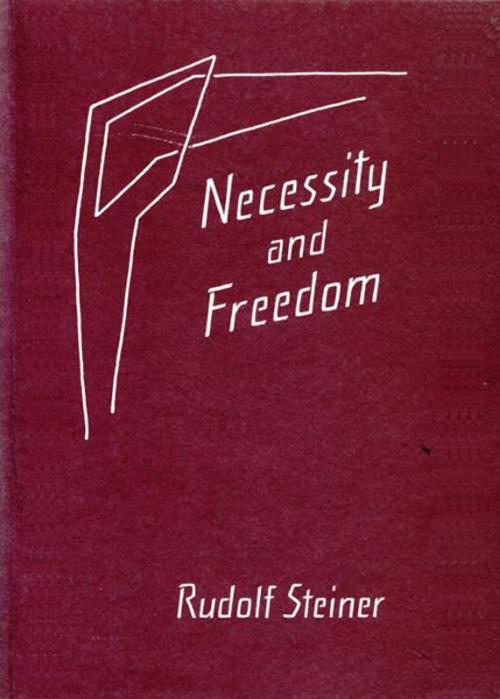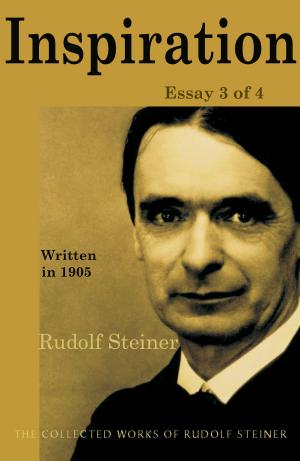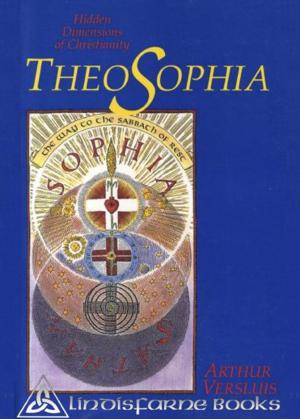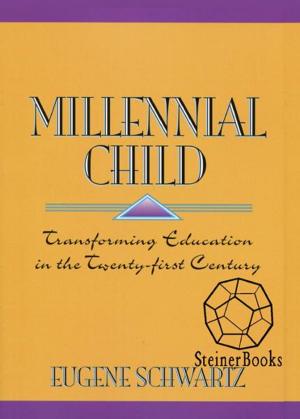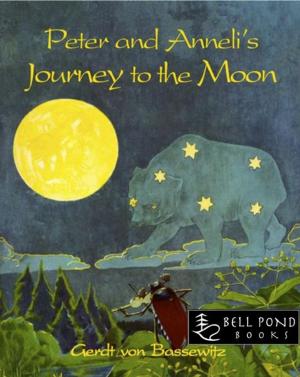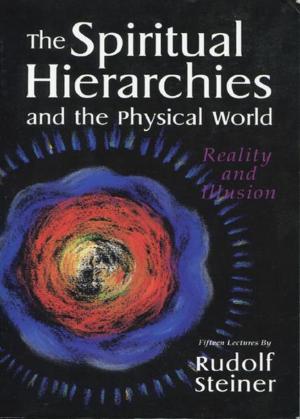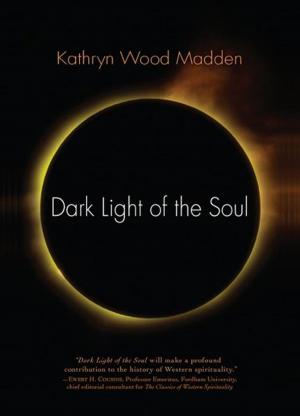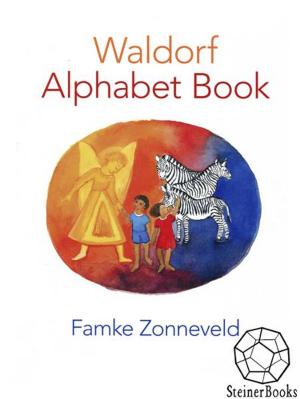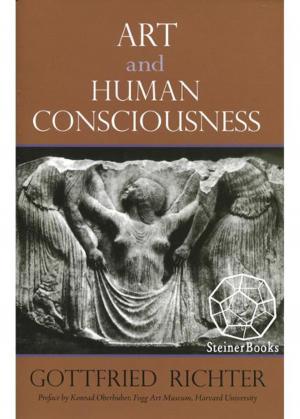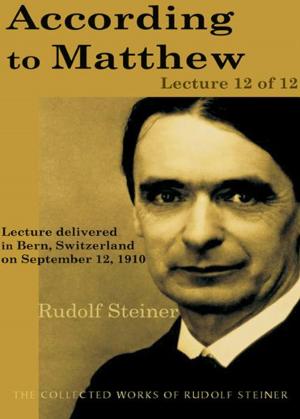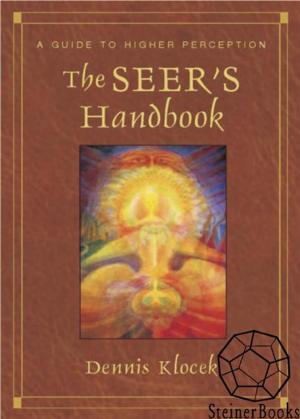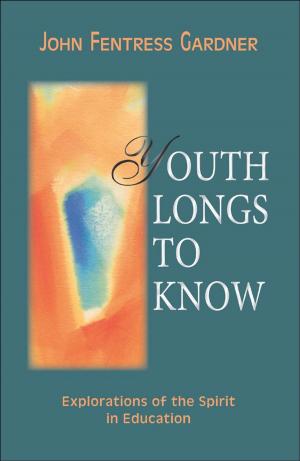| Author: | Rudolf Steiner | ISBN: | 9781621510031 |
| Publisher: | Steinerbooks | Publication: | April 1, 1988 |
| Imprint: | SteinerBooks, Collected Works 166 | Language: | English |
| Author: | Rudolf Steiner |
| ISBN: | 9781621510031 |
| Publisher: | Steinerbooks |
| Publication: | April 1, 1988 |
| Imprint: | SteinerBooks, Collected Works 166 |
| Language: | English |
The age-old question of free will is still a mystery to most people today. Even religious and philosophical circles have difficulty reconciling the concepts of morality, destiny, karma, and necessity with true freedom. Steiner illuminates questions of freedom and necessity, and guilt and innocence, by discussing various aspects of evolution, history, and culture and showing that human beings carry the responsibility for these developments. He shows that the past represents necessity, whereas true freedom belongs to the future. Steiner states that, whereas the human I is revealed in acts of volition on the physical plane, ultimately we will find our true I-being only through the Christ impulse and the completely free act of the Mystery of Golgotha.
The age-old question of free will is still a mystery to most people today. Even religious and philosophical circles have difficulty reconciling the concepts of morality, destiny, karma, and necessity with true freedom. Steiner illuminates questions of freedom and necessity, and guilt and innocence, by discussing various aspects of evolution, history, and culture and showing that human beings carry the responsibility for these developments. He shows that the past represents necessity, whereas true freedom belongs to the future. Steiner states that, whereas the human I is revealed in acts of volition on the physical plane, ultimately we will find our true I-being only through the Christ impulse and the completely free act of the Mystery of Golgotha.
